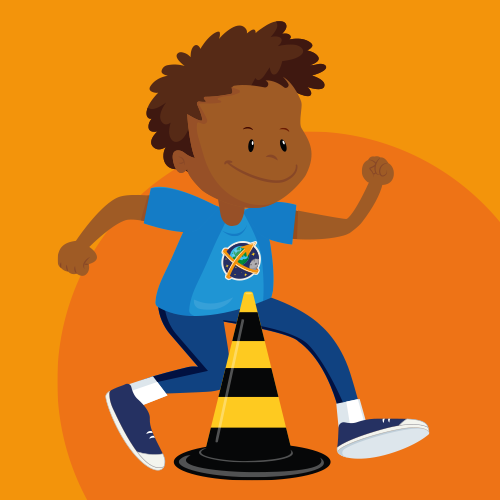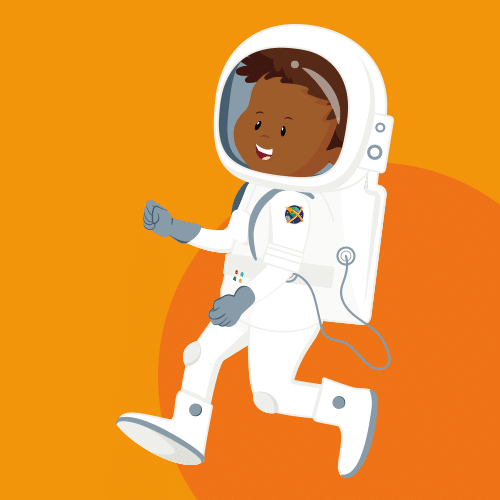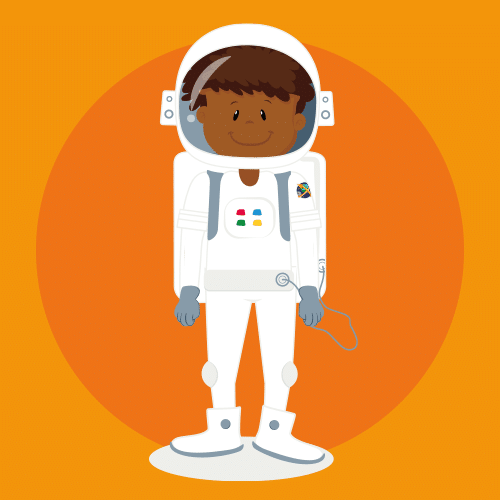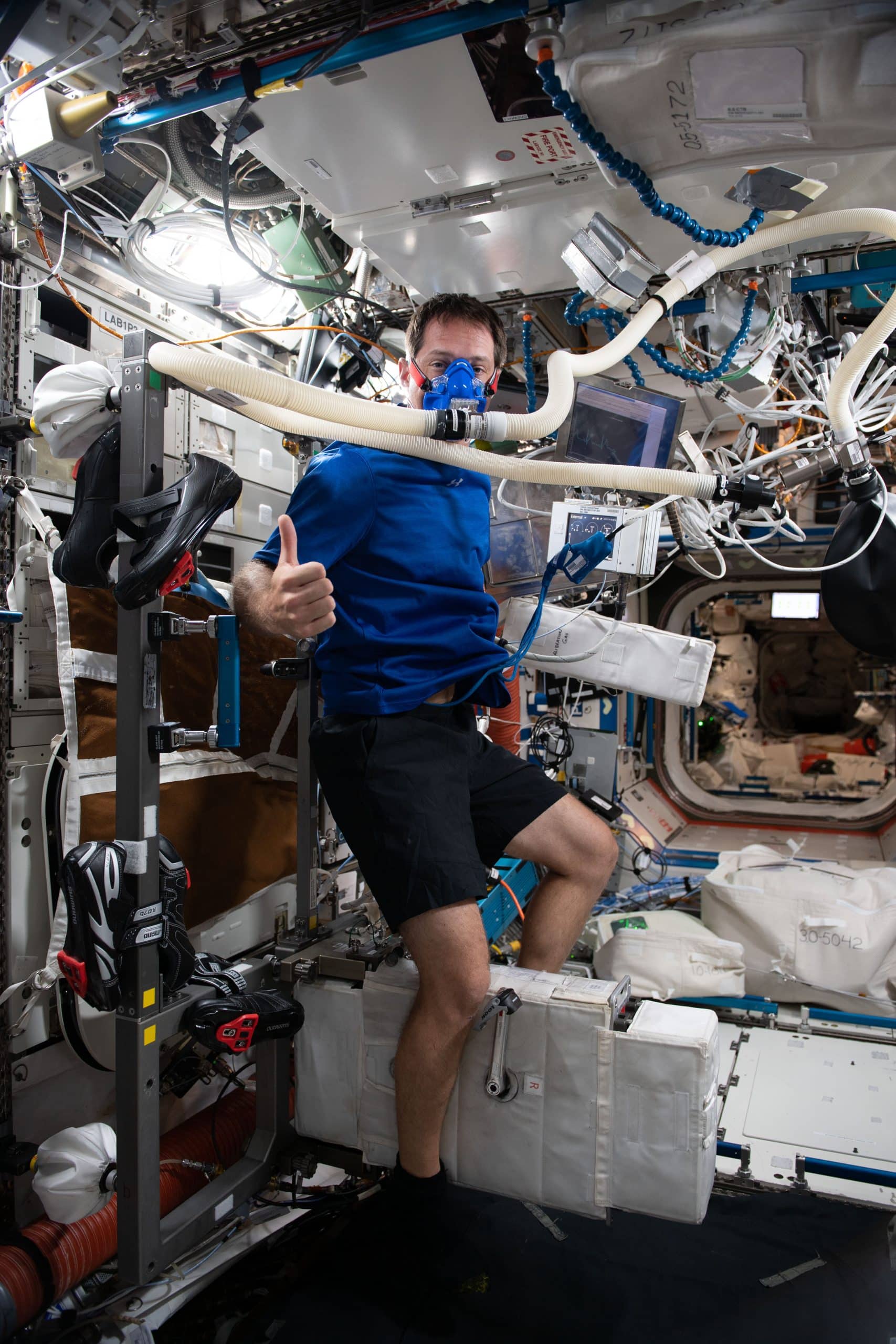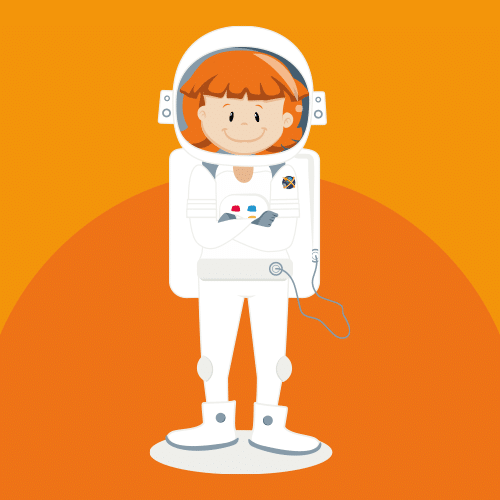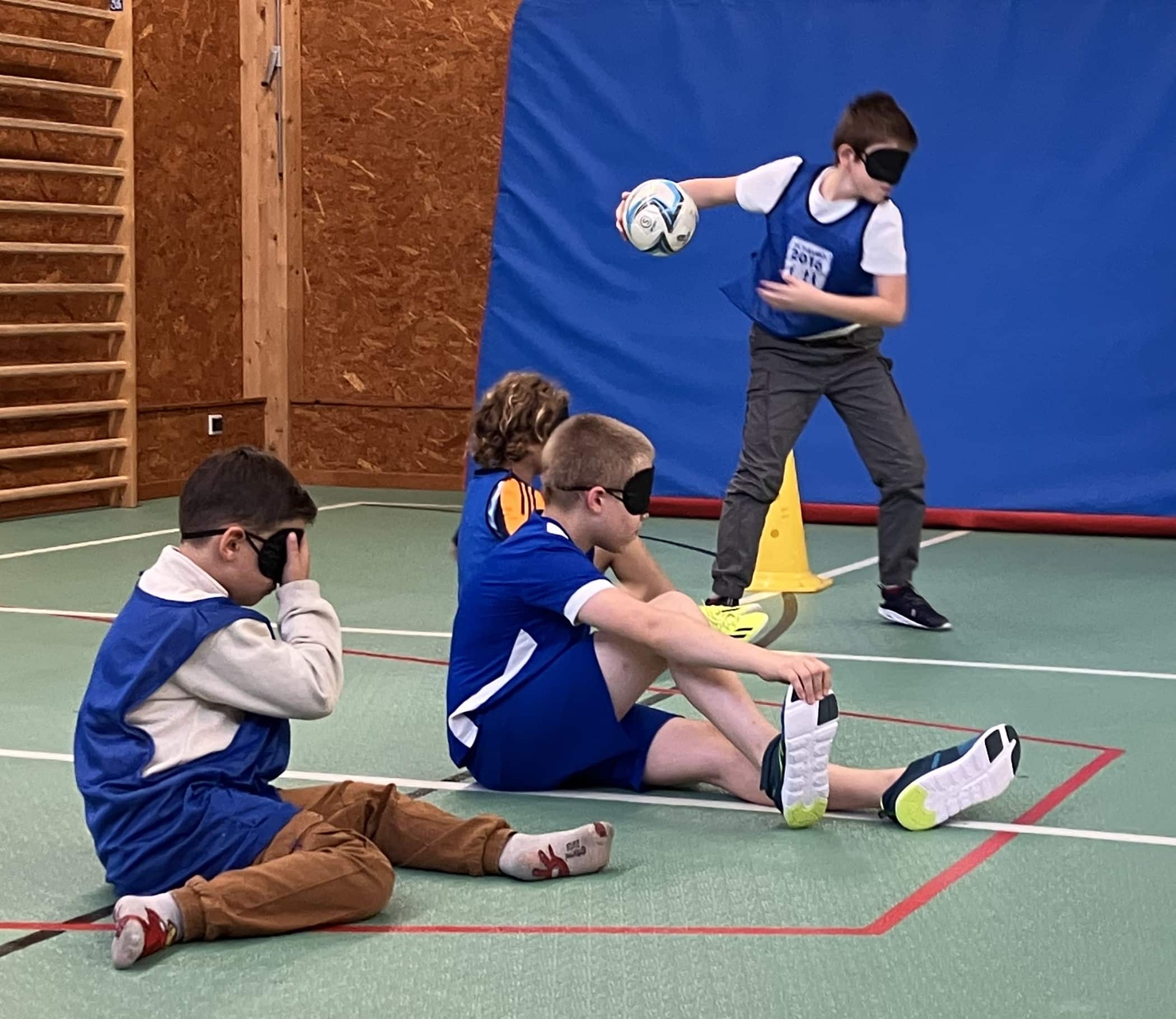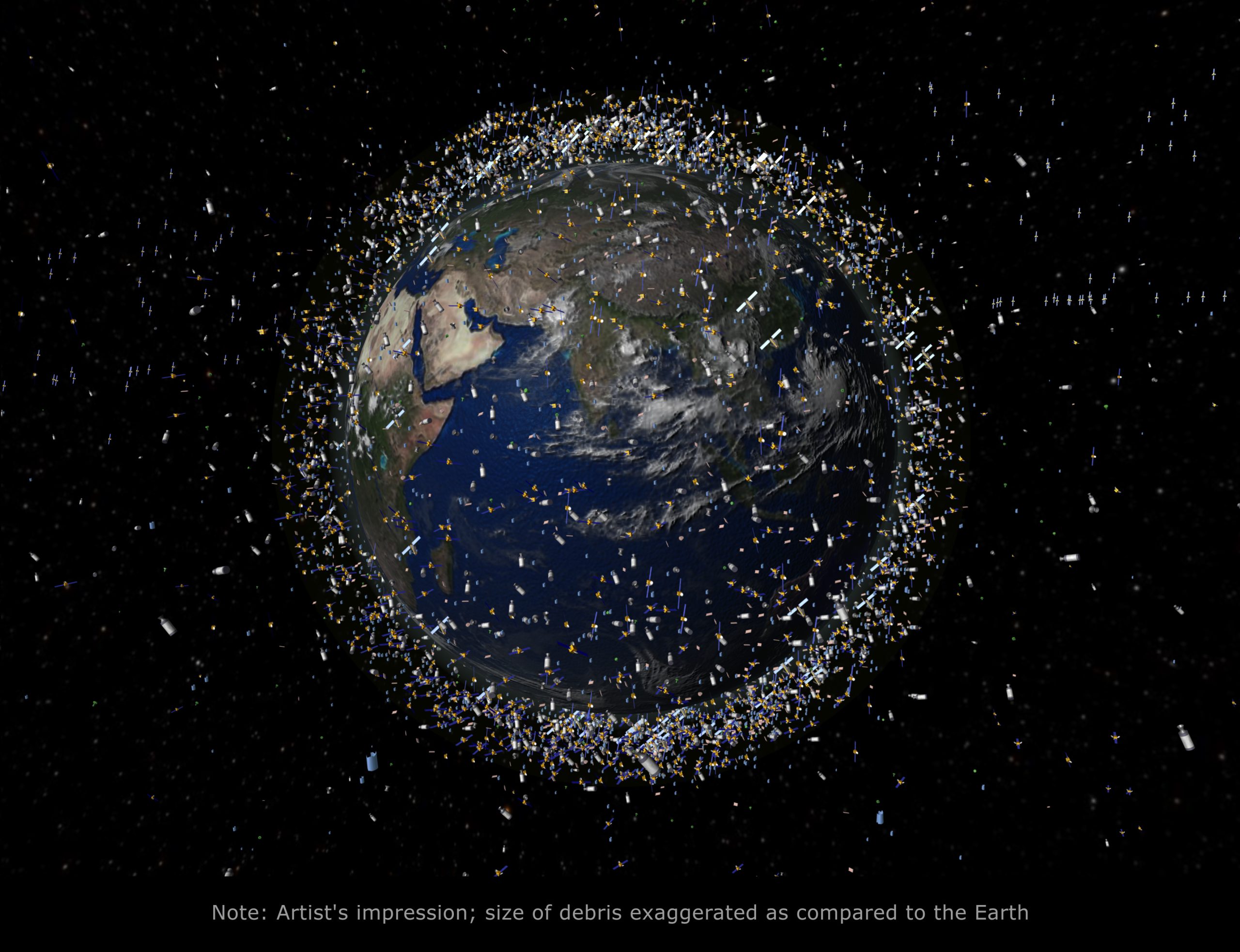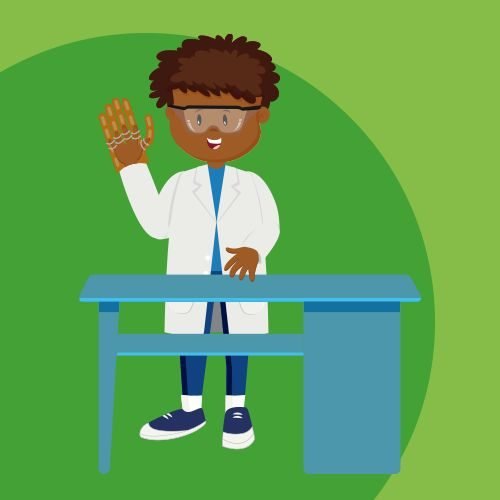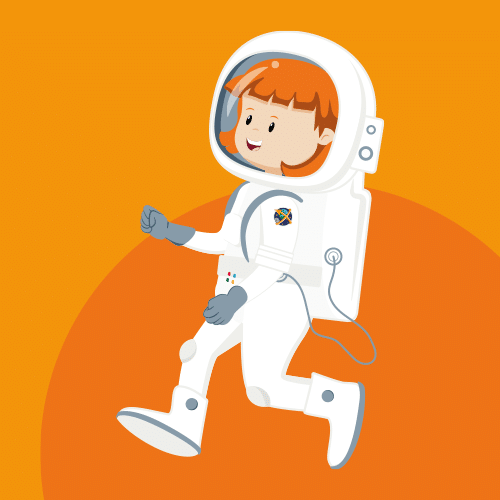Hydration Station
Your Mission: Explore the importance of hydration and identify the signs of dehydration.
- Investigate the importance of staying hydrated, proper hydration methods, and learn to identify signs of dehydration
- Understand the role hydration plays in keeping the body healthy
- Identify hydration levels by creating simulated urine
- Per class:
- Computer with Internet access for teacher use
- Library access
- One LCD projector or overhead projector
- One water bottle picture
- 2-3 bandanas
- Urine color chart
- Per group (3-4 students per group):
- One poster board or chart paper
- One set of Markers
- Two computers with internet access
- One Hydration/Dehydration chart or poster
- Four clear plastic cups
- One disposable 8 inch plate
- Two toothpicks
- One small bottle of Yellow, Red and Green food coloring
- One Urine hydration color chart
- One set of Hydration cards
- Per student:
- Hydration Student Section
- Hydrate the Astronaut
- Urine hydration color chart
- Pencil
Explore more Mission X activities!
Your Mission: Complete an agility course as quickly and as accurately as possible to improve agility, coordination and speed. When …
Did you know that jumping might be a key activity in keeping astronauts healthy in space? Try some jump rope …
Venus is the most volcanic planet in our solar system and recent research suggests some of these volcanoes are still …
Your mission: Finish the race as quickly as possible using your team spirit! This resource was created by CNES, ESERO …
You have just had a great day of exploring the Moon, but it’s time to head back to the base …
Your mission: Sharpen your senses to score the most goals and develop your reflexes. This resource was created by CNES, …
Your mission: Just like astronauts who sometimes have to avoid space debris, you will become aware of human-caused pollution in …
Your Mission: Perform the Commander Crunch and Pilot Plank to improve the strength in abdominal and back muscles. Astronauts in …
Your Mission: Explore the anatomy of the hand and build a bionic hand from cardboard. In a near future, it …
Let’s HIIT the space gym and get ready to sweat! To keep those hearts and lungs healthy, perform a series …


